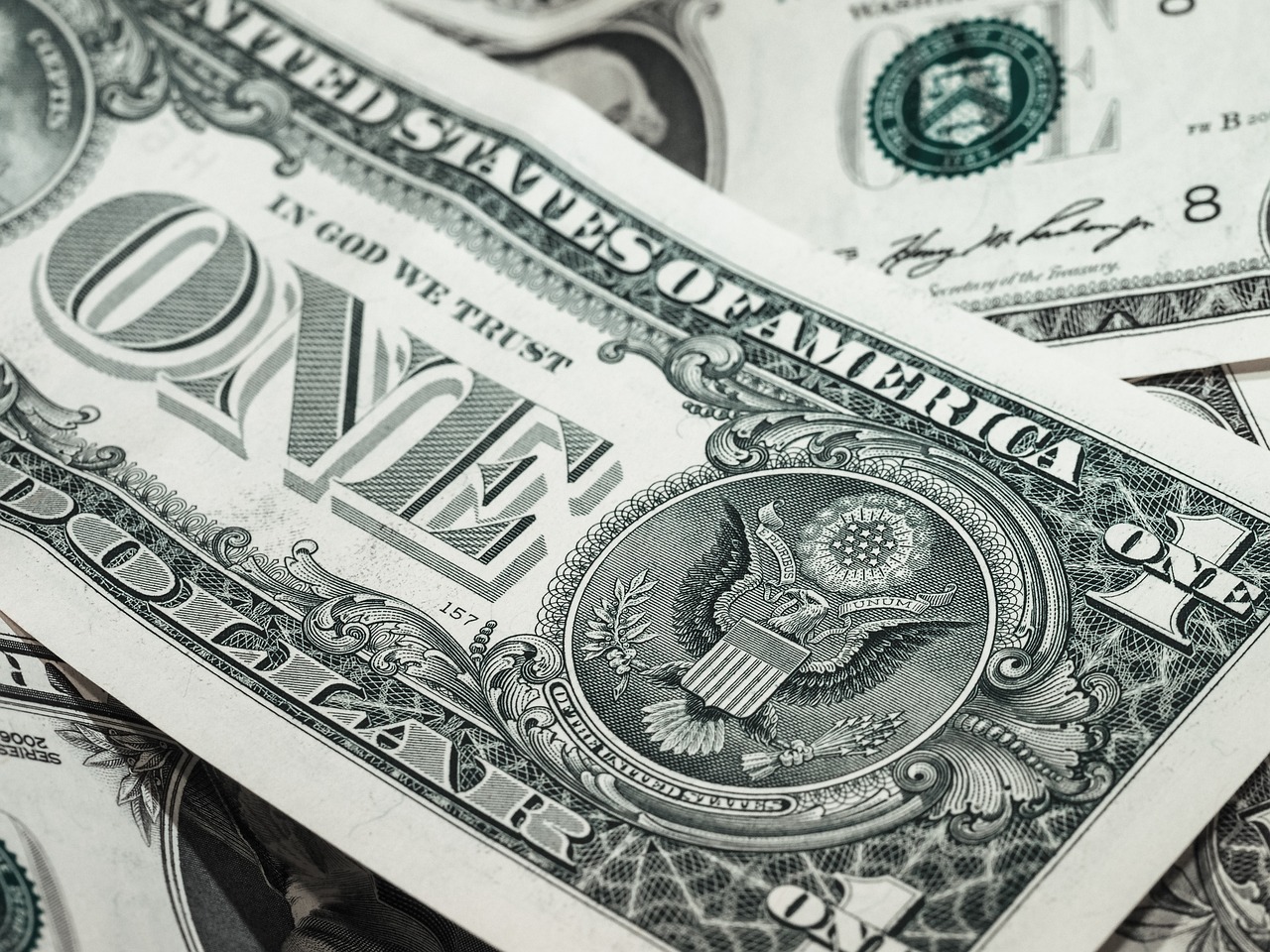Are you aware of the current state of the U.S. economy and its potential consequences? According to Janet Yellen, former U.S. Federal Reserve Chairwoman, failing to raise the debt ceiling could lead us straight into an economic catastrophe! In this blog post, we delve deeper into her stark warning and explore what it could mean for America’s financial system if default becomes a reality. Get ready to learn more about the repercussions of defaulting on our debts – you won’t want to miss this one!
The Consequences of Default
In her most recent speech, Federal Reserve Chair Janet Yellen warned of the potential consequences of a default on U.S. debt. She described a scenario in which confidence in the U.S. government’s ability to repay its debts is shaken, leading to higher borrowing costs and a decrease in spending and investment. This, in turn, would lead to job losses and a recession.
Yellen’s warning comes as Congress is facing another deadline to raise the debt ceiling. If they fail to do so, the U.S. government will be unable to pay its debts, leading to a default. While it is unclear exactly how severe the consequences of a default would be, Yellen’s warning should be taken seriously.
Default would have far-reaching consequences for the U.S. economy and global financial markets. In the short-term, it would likely cause a sharp decrease in stock prices and an increase in interest rates. This would make it more expensive for businesses to borrow money and could lead to job losses and a recession.
In the long-term, default could damage the U.S.’s credibility as a borrower and make it harder to borrow money in the future at affordable rates. This could jeopardize future economic growth and put even more strain on an already fragile recovery from the Great Recession
Yellen’s Warning
In a recent speech, Janet Yellen warned of the potential consequences of default on U.S. Treasuries. She noted that a default would entail “significant costs” for holders of Treasuries and could potentially lead to a loss of confidence in the United States as a borrower.
Yellen’s remarks come at a time when the debt ceiling is once again front and center in Washington. Congressional Republicans are demanding spending cuts in exchange for raising the debt ceiling, while Democrats are resisting those demands. If no agreement is reached, the United States could default on its debt obligations as early as mid-October.
While it is impossible to predict the exact consequences of a default, Yellen’s warning should be taken seriously. A default would likely have major negative repercussions for the U.S. economy and could potentially lead to a global financial crisis.
The Implications of Default
When Janet Yellen took over as Chair of the Federal Reserve in 2014, one of her first actions was to give a speech warning about the potential consequences of a sovereign debt default. In that speech, Yellen outlined three potential implications of a default:
1. A loss of confidence in the U.S. government and economy: If the U.S. government were to default on its debt, it would signal to global markets that the country is not a reliable borrower. This could lead to a loss of confidence in both the U.S. government and economy, which could in turn lead to higher borrowing costs and slower economic growth.
2. A decrease in the value of the dollar: A U.S. debt default would likely cause the value of the dollar to fall relative to other currencies. This would make imported goods more expensive for Americans and could lead to inflationary pressures in the economy.
3. Difficulty accessing capital markets: A default would also make it difficult for the United States to borrow money in capital markets in the future. This could limit our ability to respond to economic shocks or fund important government programs like infrastructure projects or medical research.
Conclusion
Given the dire consequences Janet Yellen warned about should a federal government default, it is clear why countries must do everything in their power to avoid such a scenario. We need our leaders to take proactive and decisive steps towards preventing this from ever happening – whether that involves finding ways to increase revenue or cutting spending. Ultimately, the only way forward is for both sides of the political aisle to come together and make tough decisions that are in the best interest of all Americans.










